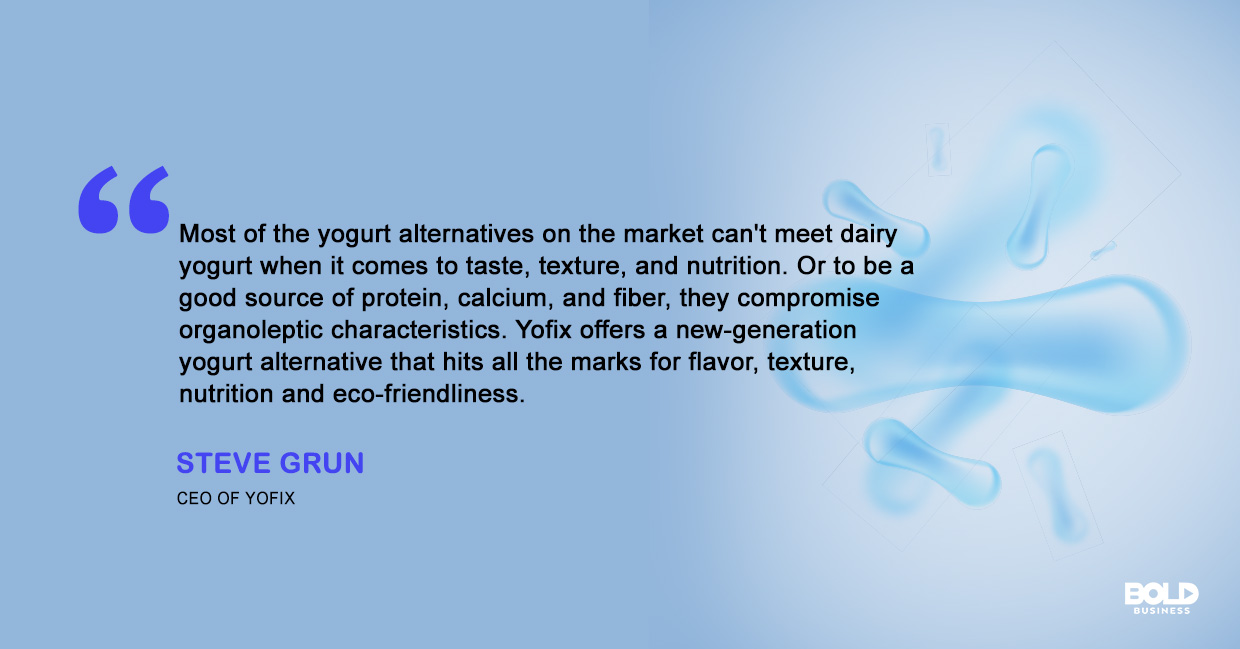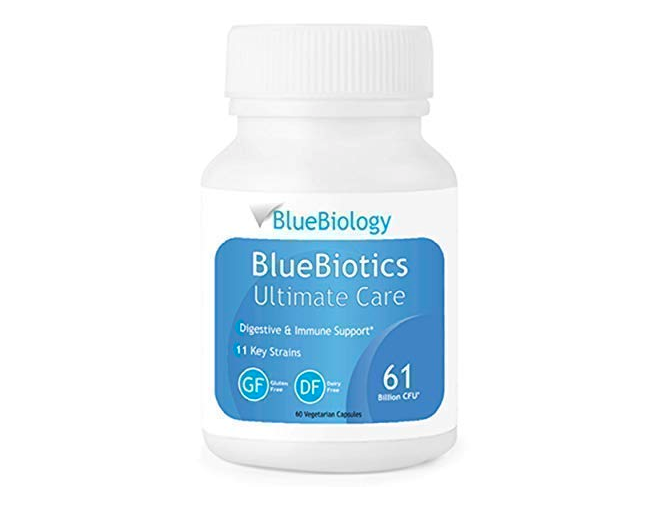In 1950, total fish production was less than a million tons. By 2010, fish production exceeded 11 million tons. And in the near future, the demand for food from aquaculture and fisheries could approach 200 million tons. These are staggering figures, and it remains a question as to whether this haul of fish is achievable while promoting aquaculture sustainability. As the blue economy becomes increasingly relevant to global security, solutions to these challenges are needed. Can society meet the growing demand for fish production? Why is food security such a major global challenge?
The blue economy refers to food, jobs and development opportunities that are provided by ocean and coastal resources. Blue growth is part of the blue economy and is focused on aquaculture sustainability and the best use of these resources. Aquaculture and fisheries are expected to meet nearly three-quarters of the global food demand in the future. If blue growth initiatives are to be met, then innovations in both public and private sectors will be required.

The Global Challenge for Aquaculture and Fisheries
As global populations rise, food security will continue to evolve as a tremendous priority. Today, aquaculture and fisheries already represent the primary protein source for 3 billion people. But aquaculture and fisheries face serious issues related to oceanic warming, marine debris, and overfishing.
Reportedly, over a third of all fisheries are overfished with half being subject to overfishing. These issues partially account for a more than 50 percent drop in fish populations among fisheries from 1970 to 2012.
Of the top fifteen fish producing countries, eight lie in East Asia, which exports roughly $136 billion. Eighty-four percent of those employed in the fisheries and aquaculture sector worldwide reside in Asia and 68 percent of the global fishing fleet. By 2030 Asia could consume 70% of fish globally. Marine fisheries contribute more than US$270 billion annually to global GDP.
As demand for food has climbed, aquaculture sustainability has not been a primary focus. This fact is reflected in many of the problems facing aquaculture and fisheries today. For example, many fisheries apply liberal amounts of antibiotics and chemicals, which pose disease risks to other fish species. Some practices, such as shrimp farming, damage coastal wetlands reflecting poor aquaculture sustainability. And genetic modifications have both known and unknown risks over the long term. Better solutions are needed to address these less than desirable approaches.

Aquaculture and Fisheries as Alternatives for Sustainable Food Security
In looking for key solutions to meet the rising food demands globally, aquaculture and fisheries offer great potential. Production of animal protein today represents an approach that is highly resource-intensive while producing excessive carbon byproducts. Plant and insect protein is less detrimental to the environment, but their scalability is poor. However, aquaculture and fisheries offer tremendous scalability and may be advantageous if aquaculture sustainability can be achieved.
Oceans cover three-quarters of the earth’s surface, and they harbor three-quarters of all living organisms. By pursuing blue growth of aquaculture and fisheries, the capacity to acquire larger volumes of food from these resources is indeed possible.
But rather than ravaging these resources without concern for aquaculture sustainability, pursuits should adopt alternatives in their approach. For example, the seaweed used for fishery feed absorbs five times the amount of carbon compared to terrestrial plants. The move to use seaweed is simply one way that aquaculture sustainability can be better achieved while meeting global food demands.

Innovative Ways to Meet Food Demands through Aquaculture Sustainability
Rising to meet this demand, businesses, nonprofits, governments and international coalitions are collaborative for innovative solutions. Such solutions thus far have included alternative feeding sources for aquaculture and fisheries as noted.
Other more advanced innovative solutions for aquaculture sustainability are also notable. For example, the nonprofit GreenWave employs ocean matrices of ropes that enable vertical aquaculture farming. The lattice holds kelp and seaweed that feeds mussels, scallops, oysters and clams that grow vertically below. Other companies like Edenworks are advancing aquaponic systems for urban settings. These innovative solutions offer a more stable means to produce foods like tilapia and leafy greens in areas, not near the ocean. Through these types of strategies, greater aquaculture sustainability can be achieved while meeting rising food demands.
Other companies like Syngenta, Open Blue, and Kampachi farms are also working on Aquaculture sustainability initiatives.

Aquaculture and Fisheries — Blue Economy Potential for Meeting Global Food Security Challenges
Marine aquaculture and fisheries today account for $270 billion in global GDP. They not only offer vital food resources, but they also support millions through related jobs and industries. The future potential of aquaculture is therefore quite profound since we are just beginning to tap into this resource more fully. But like all resources, aquaculture sustainability is required if we are to meet global food needs or demands well into the future. By creating sustainable fisheries, the blue economy is bringing more revenue, fisheries, and helping to restore rapidly depleting fish stocks.







